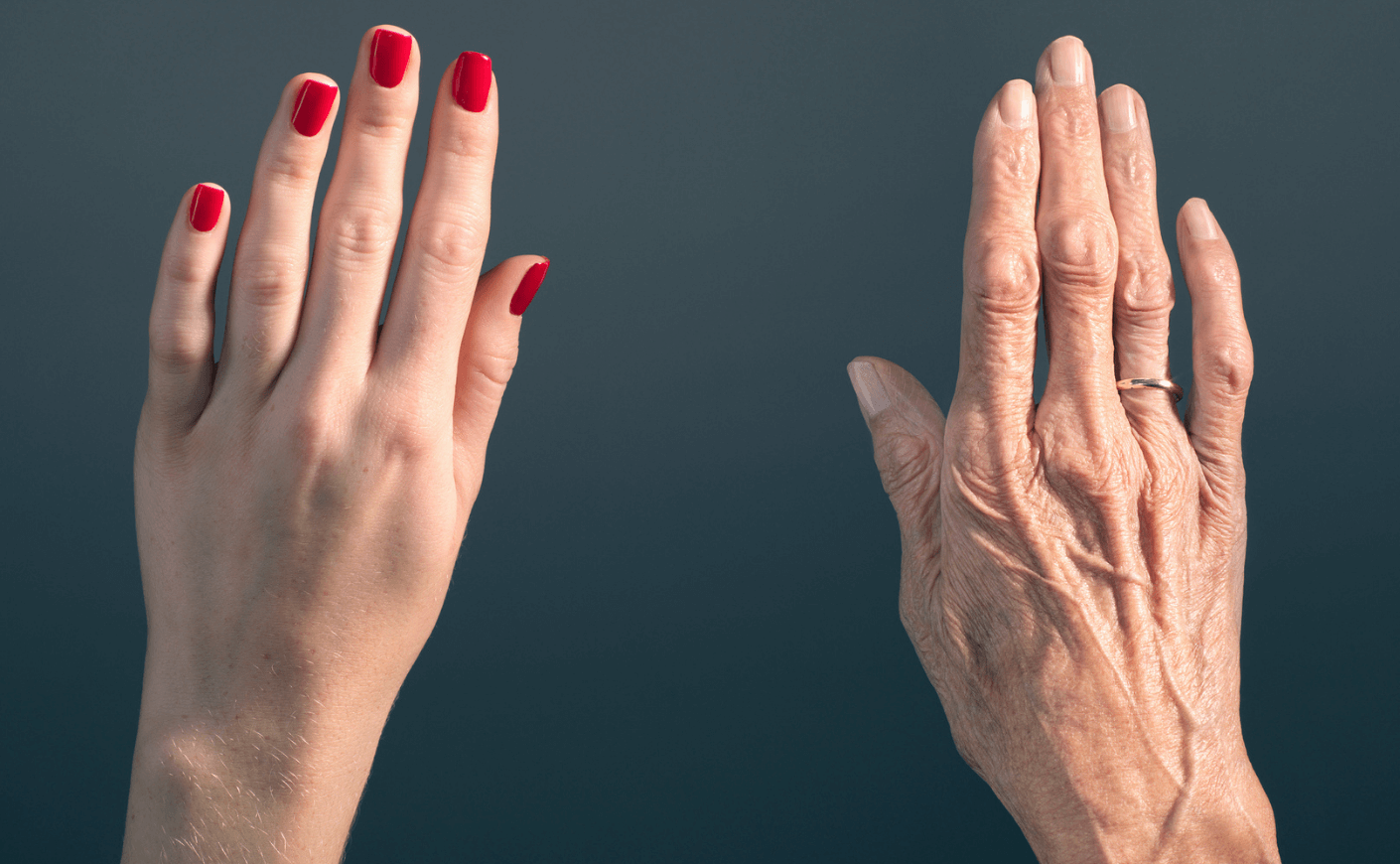Gertrude Stein said, “We are always the same age inside.” I beg to differ.
Leading a carefree childhood in sun-baked Santa Monica, my brother and I shared an occasional wave of a deeply internal emotion. We called it the "grown-up feeling," because it viscerally felt as if we were moving into a new and less inviting phase.
My brother and I live on different coasts now, but as I was recently emailing him about my emotional roller coaster, it hit me: “Dare I call it the grown-old feeling?” Clearly, I am not alone in going from anxious to sad to low-grade depressed, (though I promised I would never claim depression if Trump lost) often within an hour, let alone a day. It’s the masked new world, primarily, but it is also about being forced to consider the years I have lived…and those I have remaining.
Yes, I have walked hundreds of miles, and managed to have a creatively productive pandemic. My family has stayed healthy, and I have used these extra hours to read, to watch, to Zoom. But there are so many people I care about who I have not seen in almost two years. I find myself wondering what they look like now, and what they will think of me. I don’t necessarily mean who has had the courage to go gray, (not me, dammit) or who got to the dermatologist (me, dammit).
The Shock of the Aging Process
Superficial or not, I feel new sympathy for actors who take years off between films — and then face the glare of viewers judging how well — or not — they have aged. When we see people regularly, we're not as shocked by the process.
“Fears of becoming invisible, the loss of vitality, health and meaning are not uncommon even in the best of times as women hit their 50s and 60s,” says psychologist Dr. Vivian Diller. “But during a pandemic, when the fragility of life is inescapable, these fears can be highlighted. For some, it’s seeing oneself on Zoom that triggers these fears: ‘When did I start looking like my mom?’”
For others, Dr. Diller says, it’s “hearing about a friend or relative who has fallen victim to COVID. ‘That could be me! He/she is the same age.’ For most women, losing precious time away from their kids and grandkids during this prolonged isolation is a reminder of the years passing by that can’t be recovered.”
There is no escaping this dilemma, as focus on aging has come from all directions. Donald Trump tried to use Biden’s 78 years as a not-so-subtle stab at his competence. In fact, the president-elect may have been one of the winners of the country’s shutdown. (Along with Hulu and Netflix.)
Biden was able to avoid the countless speeches and pressured hours on the campaign trail. How many of us could withstand that? Not Sen. Dianne Feinstein, who stepped down in 2020 from a committee position due to what the New Yorker called today’s “gerontocracy.” No doubt, eyes will eventually turn toward Nancy Pelosi, and signs of any toll of her 81 years.
Losing Precious Time
I know that my long-time friendships will survive, but these are largely people in their 60s and 70s now, seriously isolating, many with pre-existing conditions. As one said to me recently, “I feel bad for our kids and grandkids, but they can make up a year or two.” Speaking of our kids: they have been incredibly concerned about keeping their parents safe. Lovely sentiment, but yet another reminder that our forever-young generation, well, is not.
I tried, like many, to use this pause to peruse scrapbooks and baskets filled with loose photos. That’s a killer. I literally could not recall where entire decades went. Nostalgia is not the right word here: way too soft and cozy. Even the music we play matters. After John Prine died, his plaintive voice rang through our home. Who knew the eventual soundtrack of my life would be a song with lines like these: “Old people just grow lonesome/Waiting for someone to say, 'Hello in there, hello.'” Ugh.
What Are We Looking Forward To?
What to look forward to, besides shots in the arm? Seeing people again, sitting at bars, guilt-free traveling. But there are also the stacked-up memorials that we’ve been promised for those we loved, and lost, these last two years. Many of those deaths should not be surprising, age-wise, but as my dad used to say, “All these people are dying who never died before.” Reading the mounting obits, those words now make sense.
Maybe there is a silver lining here and there. New York psychiatrist Dr. Anna Fels says many of her patients suffered during the earliest, shall-we-say unkempt period of Covid, “which left an indelible, unpleasant self-image of aging.” But, she adds, “many now who no longer have to commute and have extra time are doing more exercising and walking than ever.”
That’s the outside stuff. And then there’s that creepy grown-old feeling inside, that strikes me too often: When I have the nerve to look in the mirror; when I talk to friends weeping for the grandchildren they haven’t seen; when I gaze at frail neighbors with, as Prine wrote, “hollow ancient eyes.” I always knew this would happen, but I wanted to do it gradually, in front of those I love.
Willens is the author of From Mouseketeers to Menopause — essay reprinted with her permission









